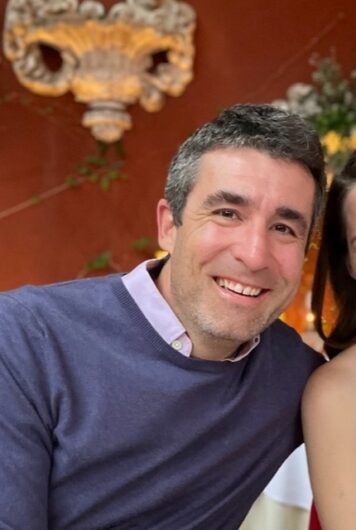Rethinking Science, Policy
Quantity over Quality: How to Solve Electric Vehicle Charging Infrastructure
About the Seminar
April 05, 2023 9:00am—10:00am
Electrifying the transportation sector would bring environmental, economic and equity benefits. However, a significant obstacle to the adoption of electric vehicles is our national charging infrastructure. Current charging infrastructure policy is guided by a the needs of gasoline-powered cars, while ignoring many of the unique benefits that electric vehicles possess. Most recent policymaking has focused on high-speed chargers, where an individual can charge their car in minutes, as opposed to hours. These chargers are needed primarily during long distance travel, but they don’t satisfy the daily needs of most drivers. Charging policy should meet the needs of the consumer and incentivize ubiquitous slow speed chargers that allow drivers to charge anywhere, at any time.
On April 5th at 9AM ET, join Ryan Cornell (Arizona State University) for a New Tools in Science Policy seminar on why a paradigm shift needs to occur if we hope to effectively transition to electric vehicles and why electric vehicle charging policy should focus on the quantity of chargers, as opposed to the quality of chargers. He will use real world examples to outline what an idealized charging infrastructure would look like, and how we can develop charging infrastructure policy that accounts for the unique benefits and needs of electric vehicles.
Location Information
ASU Barrett & O’Connor Center
1800 I St NW
8th Floor
Washington, DC 20006
Additional Information
Event Policies:
- Attendees are required to show proof of up to date COVID-19 vaccination with ID.
- Breakfast will be provided.
- Doors open at 8:30AM ET.
- This event will also be livestreamed. Register here to attend virtually.
Links
Past Series
-
October 03, 2024 3:30pm
Carbon Removal Social [Science]
Holly Buck, Sara Nawaz, Rory Jacobson, Marcela Mulholland, Amanda Borth
-
June 04, 2024 12:00pm
Hopeful Climate Futures through Speculative Storytelling: Decolonizing Global Climate Action
Chinelo Onwualu, Joey Eschrich
-
April 29, 2024 9:00am
Public Funding, Patents, and Technology Transfer: Learning from the Contrasting Oxford and Texas Models of COVID-19 Vaccine Production and Distribution
Ken Shadlen
-
March 21, 2024 9:00am
Inspirations from European Technology Assessments: Institutions, Practices and Key Debates
Anja Bauer
-
May 10, 2024 9:00am
Adapting Federal Programs to Evolving Public Values: Insights from the Department of Energy
Darshan Karwat, Matthias Galan
-
April 30, 2024 9:00am
ASU’s Milo Space Science Institute: Increasing the World’s Access to Space
Jim Bell
-
January 22, 2024 12:00pm
Reinventing Participatory Technology Assessment
Nicholas Weller, Amanda Borth, Emily Hostetler, Jared Owens, Arthur Daemmrich
-
November 17, 2023 9:00am
“Unacceptable Costs”: Managing for biological invasions and climate risks in the US Pacific Islands
Laura Brewington
-
October 30, 2023 9:00am
Patent Data & Publicly-Funded Research: Applications, Benefits, & Misuse
Bhaven N. Sampat
